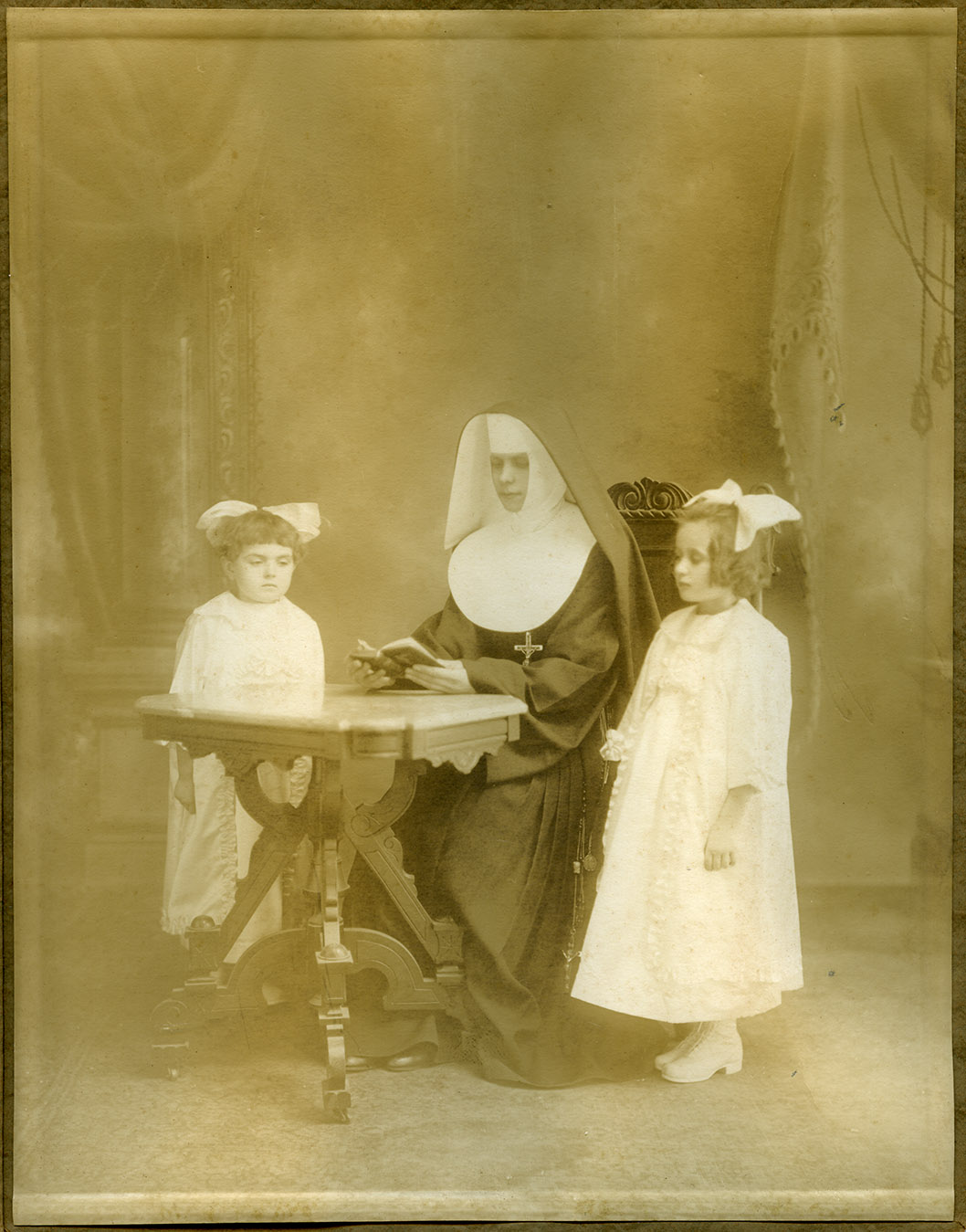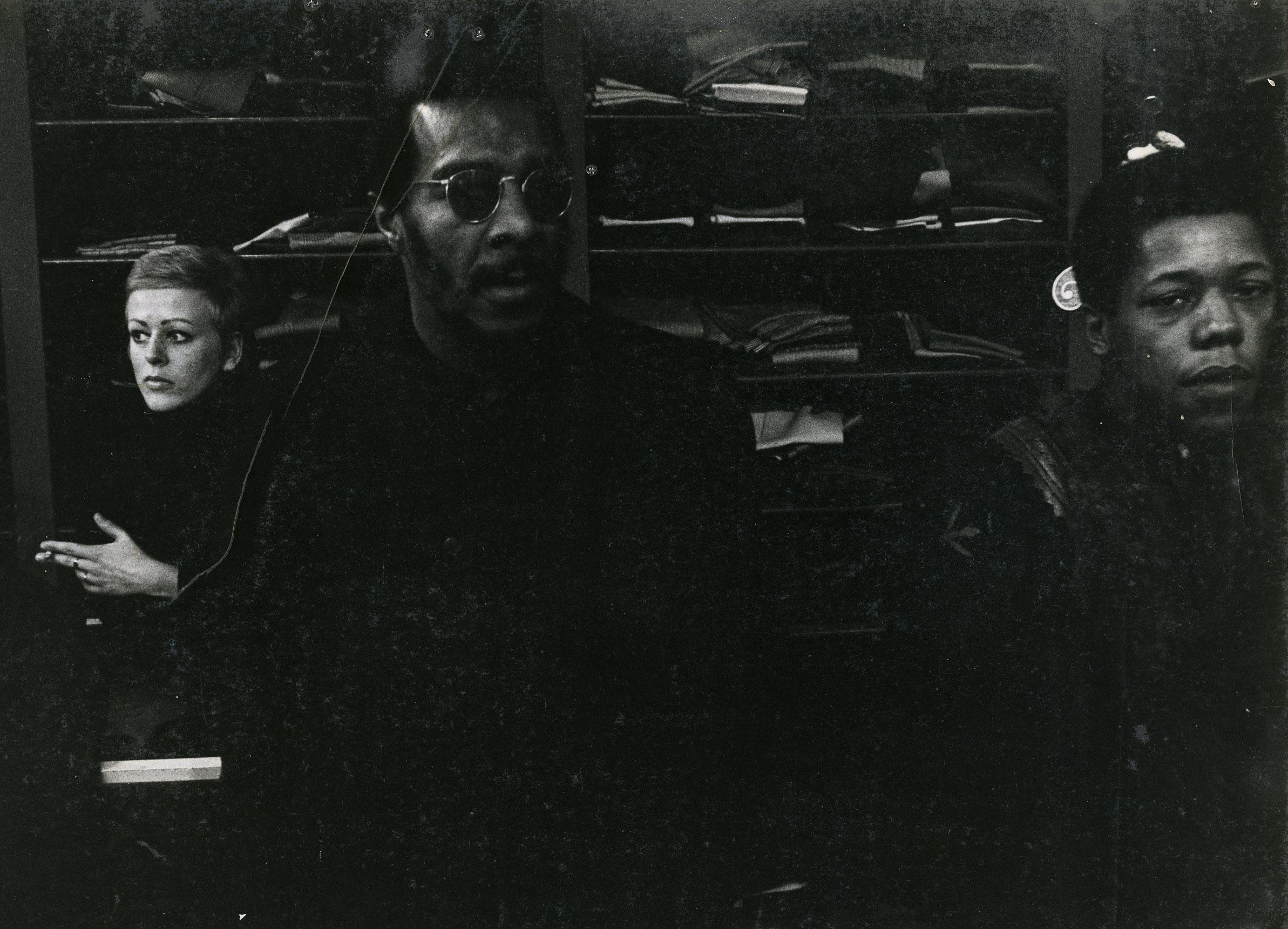Michael Lenson Collection
Born in Russia in 1903, the realist painter Michael Lenson emigrated to the United States at the age of eight, and from early in life, took an interest in art. While a student at the National Academy of Design in 1928, Lenson was awarded the Chaloner Paris Prize, enabling him to spend four years of study in Europe and leading to his first three one man shows. With the Great Depression in full effect upon his return to America, he accepted a position as director of mural projects for the Works Progress Administration in New Jersey, through which he built a reputation as one of the most important muralists in the eastern states. Exhibited widely, he was productive as both an artist and critic until his death in 1971. His works are included in the collections of the RISD Museum, the Maier Museum of Art, the Johnson Museum of Art, the Newark Museum, the Montclair Art Museum, and the Wolfsonian Collection, among others.
Consisting of pencil portraits of poets, each approximately 12 x 18″, the Lenson Collection contains twelve late works by Michael Lenson that were included in an exhibition held at the Montclair Art Museum in 1970. The subjects of the portraits include William Blake, Robert Browning, George Gordon Lord Byron, Robert Burns, Geoffrey Chaucer, John Donne, T.S. Eliot, John Keats, John Milton, Sean O’Casey, Alexander Pope, and Percy Bysshe Shelley.




